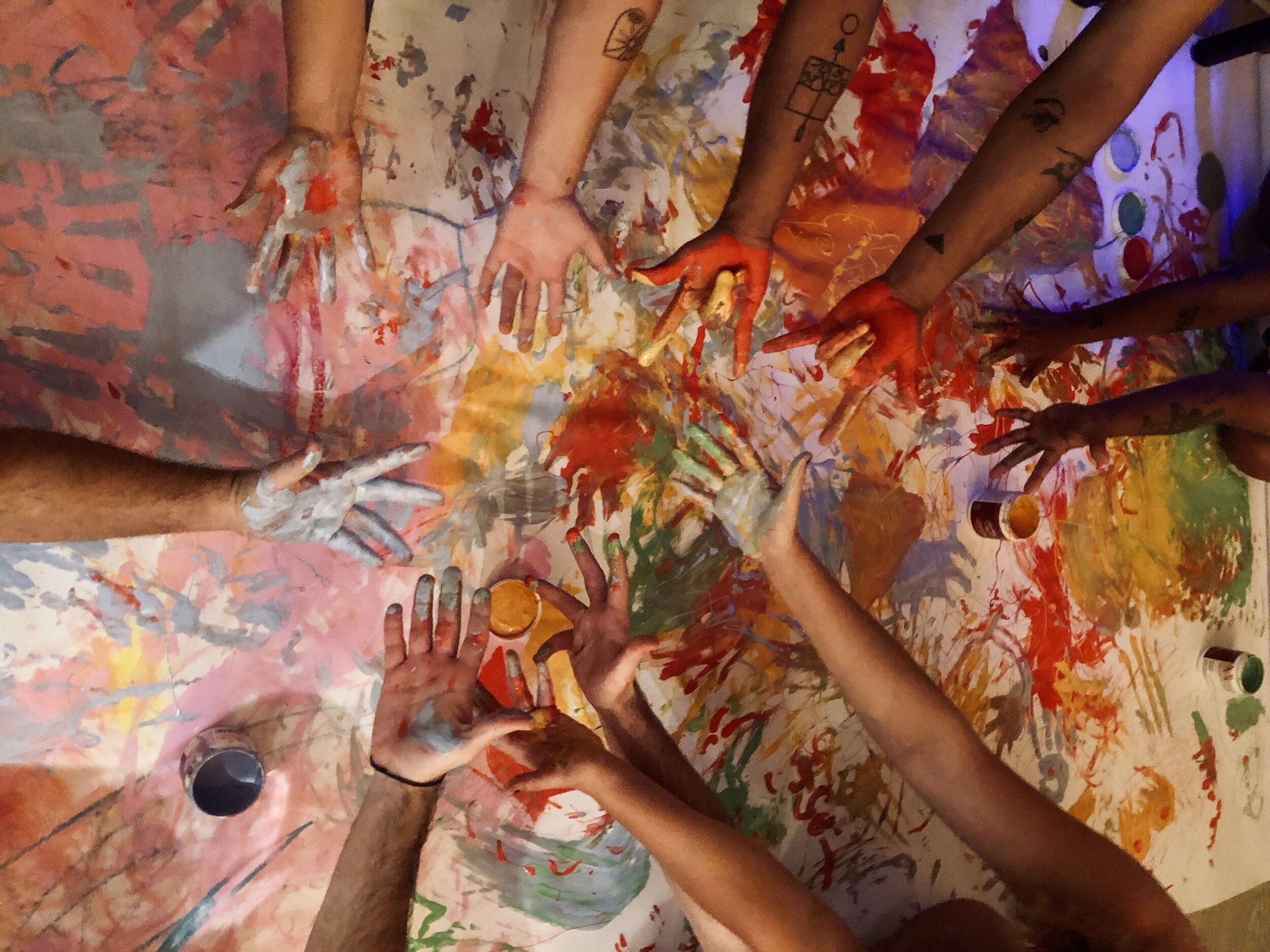“I will not let him win in death.”
These words, spoken by Chauntae Davies who was a victim of Jeffery Epstein’s sex trafficking ring, were the catalyst for local Chattanooga artist, Ali Waller, to create her exhibit.
“Exhibit” is almost too bland and cold of a word to describe what 3-D structuralist Ms. Waller has done to show solidarity with the victims. She has chosen to go beyond herself and her own traumatic past to reach out to other women who have had their bodies stolen from them. Women have submitted stories and words of encouragement to the exhibit from as far as Pakistan, which reveals how deep the wounds of sex trafficking can be in our world.
Waller respectfully and lovingly displays the pain, anger, strength and joy of hundreds of women through plaster castings of their breasts and torsos. Through the casting process, Waller has been ears to a breadth of stories, not one the same.
Two Covenant students recently joined in solidarity by volunteering to be casted. Emily Cothran ’22 volunteered twice, and the first time “felt like [she] was joining a wall of victims.” Going back to be casted once more after seeing the exhibit, the casting experience shifted for Emily. She “felt like a survivor,” and the feminine strength she found on those walls proved to her that she could be strong as well.
Another volunteer, Meg Miller ’20, was struck by how Waller “created a safe space for the women in the room to be bold and embrace their vulnerability, while at the same time inviting us to honor the strength of the women who survived their bodily autonomy and safety being taken from them.”
Waller asks volunteers to share their relationship with their bodies and how the events of their lives have molded that relationship, as she carefully casts their chests. All of the emotions locked in the casts overflow in the display.
When viewers come to Waller’s exhibit, she does not go into an elaborate introduction. Instead, she simply compels us to look and feel, to let whatever emotions come their way. To each, these emotions vary, but there is a common consensus that the women who were cast are all in different places with their pain. Not one cast looks the same and the brightness of the plaster adds together to both overwhelm and numb. But as time passes, and the viewer becomes more acquainted with each cast and its shadows, new emotions come forth. After the numbness fades, pain flows in with the realization that the small room holds hundreds of stories, none deserved. This transforms into grief and anger; however, this is not the end. Many women have taken the leap to straighten their backs and reveal themselves, to reclaim their bodies and surrender shame. This can produce empowering joy, compelling us to fortify our neighbors in their strength.
In the end, Waller expresses her wish that each victim eventually reaches restful peace.
Ali Waller is continuing to cast women in hopes that she reaches a thousand casts before the end of the year. People can still volunteer and see the exhibit, if they reach out to her via Instagram @alicekayw.

